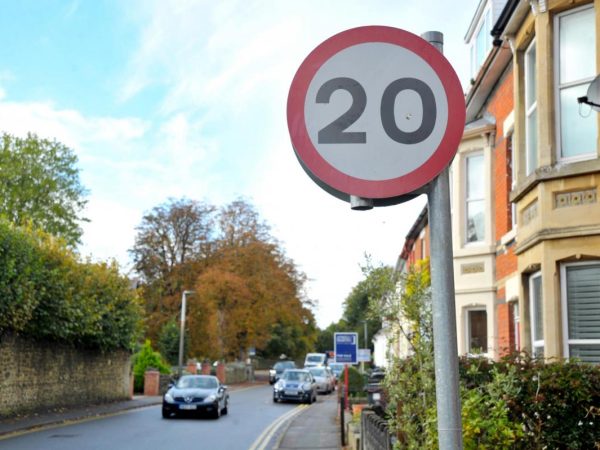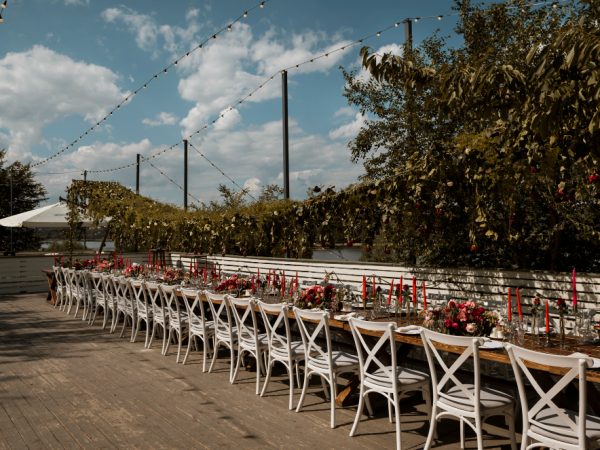Language, as a dynamic and ever-changing system, constantly evolves to reflect the diverse cultures and societies it serves. In this digital age, where communication transcends geographical boundaries, new words and phrases emerge rapidly, challenging traditional notions of language. One such term that has sparked debate is Bludclart. Is Bludclart a Word? Is it a legitimate word or merely slang? In this article, we delve into seven perspectives on the evolution of language, exploring the significance of Bludclart and its role in linguistic discourse.
Is Bludclart a Word: Historical Context and Linguistic Adaptation
This section explores the historical roots of Bludclart and its journey from its origins in Caribbean English to its potential adaptation into mainstream language. It delves into the socio-cultural contexts in which the term emerged and examines how linguistic adaptations occur over time.
Is Bludclart a Word: The Influence of Urban Vernacular on Mainstream Lexicon
Here, we discuss the significant influence of urban vernacular on mainstream language. We explore how words and phrases originating from marginalized communities, such as Bludclart, gain traction and visibility in broader society, shaping linguistic trends and discourse.
Is Bludclart a Word: Semantic Shifts and Cultural Connotations
This section delves into the semantic shifts and cultural connotations associated with Bludclart. It examines how the meaning and usage of the term have evolved over time, reflecting changes in societal attitudes, values, and norms.
Is Bludclart a Word: Linguistic Creativity and Expressive Innovation
Here, we highlight the role of linguistic creativity and expressive innovation in the emergence of words like Bludclart. We explore how language users employ creativity to invent and adapt terms, enriching the lexicon with new expressions and idioms.
Is Bludclart a Word: Societal Acceptance and Language Norms
This section delves into societal acceptance and language norms regarding the use of terms like Bludclart. It discusses how language norms are shaped by cultural factors, social dynamics, and institutional influences, influencing the acceptance or rejection of certain words.
Is Bludclart a Word: Technological Impact on Language Evolution
Here, we examine the technological impact on language evolution and its implications for terms like Bludclart. We explore how digital communication platforms, social media, and online communities facilitate the rapid spread and adoption of new words and phrases.
Is Bludclart a Word: Globalization and the Spread of Vernacular Expressions
This section discusses the role of globalization in the spread of vernacular expressions like Bludclart across linguistic and cultural boundaries. It explores how globalization fosters linguistic diversity while also influencing the standardization and homogenization of language.
Is Bludclart a Word: Resistance and Critique from Linguistic Purists
Here, we address the resistance and critique faced by terms like Bludclart from linguistic purists and prescriptivists. We examine the tensions between linguistic innovation and preservation, exploring debates surrounding language purity and authority.
Is Bludclart a Word: Diversity and Inclusivity in Contemporary Lexicon
This section explores the role of diversity and inclusivity in shaping the contemporary lexicon, including the inclusion of diverse linguistic forms and expressions. It discusses how embracing linguistic diversity enriches language and fosters greater inclusivity in communication.
Is Bludclart a Word: Future Trends and Predictions in Linguistic Evolution
Finally, we speculate on future trends and predictions in linguistic evolution, considering the fate of words like Bludclart in the ever-changing landscape of language. We discuss potential shifts in language usage, emerging linguistic trends, and the ongoing evolution of communication practices.
Conclusion
The debate surrounding the legitimacy of Bludclart exemplifies the complex nature of language evolution. From its origins in urban vernacular to its potential inclusion in mainstream lexicon, the journey of this term reflects broader shifts in societal norms, technological advancements, and cultural influences. While some may dismiss it as mere slang, others recognize its significance as a marker of linguistic innovation and expressive creativity. Ultimately, whether Bludclart is deemed a word depends on one’s perspective and the fluid nature of language itself.
FAQs
Q1. What does Bludclart mean?
Bludclart is a slang term originating from Caribbean English. It is often used as an expletive or intensifier, similar to the usage of damn or damnation.
Q2. Is Bludclart considered offensive?
The level of offensiveness associated with Bludclart varies depending on context and cultural sensitivity. Is Bludclart a Word? While some may find it offensive due to its origins as a curse word, others may use it casually without intending harm.
Q3. Why is there debate about whether Bludclart is a word?
The debate stems from differing perspectives on what constitutes a word. Is Bludclart a Word? While some argue that Bludclart is a legitimate term due to its usage and recognition in certain communities, others adhere to stricter linguistic criteria, dismissing it as slang or profanity.
Q4. Can Bludclart be found in dictionaries?
As of now, Bludclart may not be listed in mainstream dictionaries, but it could potentially be included in future editions as language continues to evolve and adapt to societal changes.
Q5. How can I use Bludclart in conversation without causing offense?
It’s essential to be mindful of context and audience when using slang terms like Bludclart. Consider the cultural implications and whether the term may be perceived as disrespectful or inappropriate in certain settings.
Also read: Top 10 Drone Stocks to Watch in 2024: Expert Analysis














